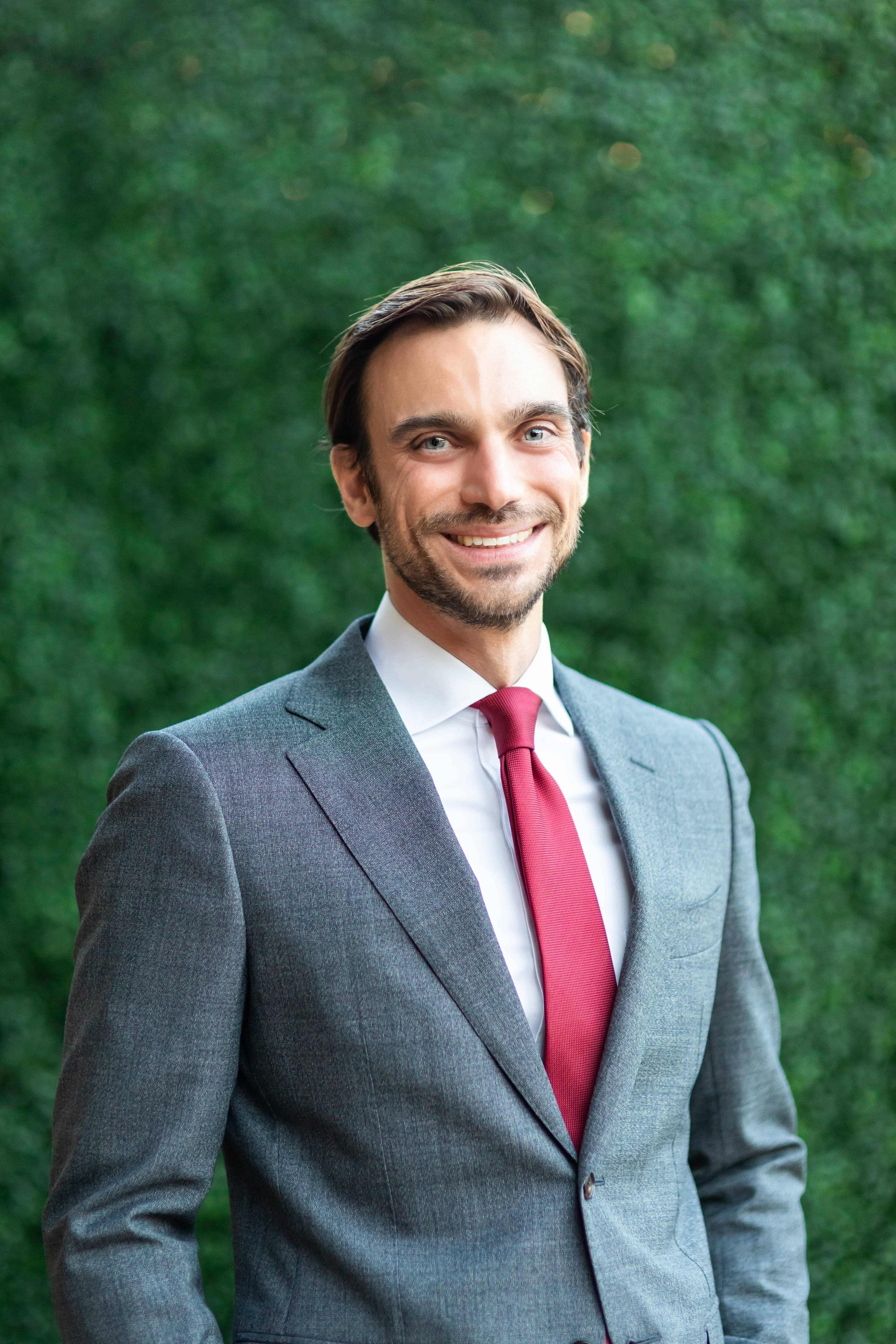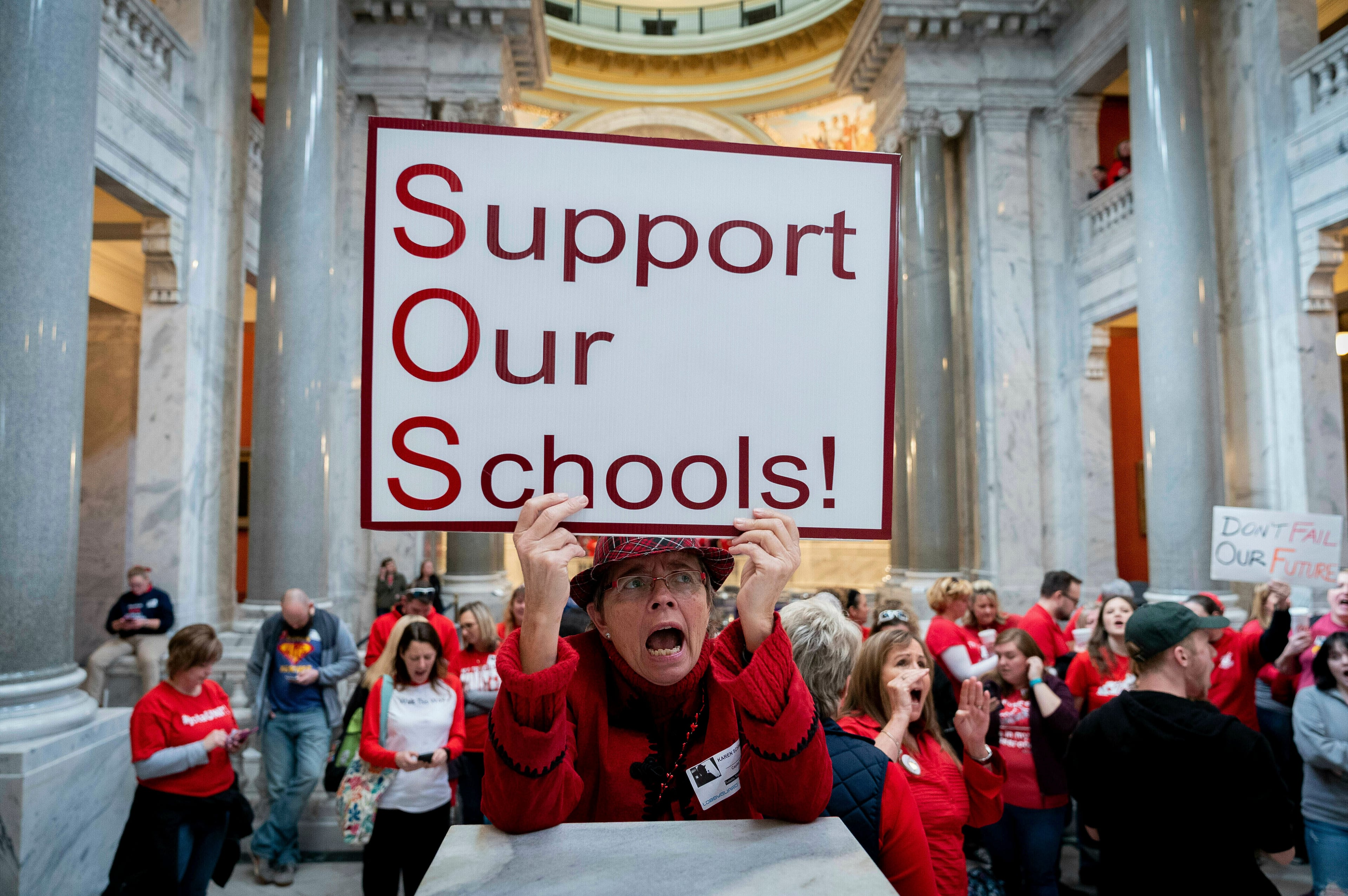Civics teachers are self-censoring, but political violence shows we need them
As Georgia’s students settle into new classrooms, the United States approaches its 250th anniversary, and the country absorbs yet another instance of horrific political violence with the Sept. 10 killing of Turning Point leader Charlie Kirk, the question is this: What are we doing to prepare the next generation to understand and improve American civic life?
Georgia has implemented robust educational standards in civics that have received national commendation. These standards emphasize core constitutional principles and reflect a clear commitment to ensuring that students grasp the foundations of our government. Fine work.
But as a new national report from the Sandra Day O’Connor Institute for American Democracy reveals, even the strongest civics standards mean little if the educators charged with teaching them are not properly equipped, guided and supported.
Civics education cannot steer clear of tension or debate
Based on original survey data from experienced civics educators across the country, the report uncovers a troubling reality: Nearly 80% of civics teachers report self-censoring in the classroom, and nearly 86% cite fear of controversy as a significant barrier to teaching civics at all.

This is not a matter of uninterest or neglect. On the contrary, civics teachers tend to be deeply committed to their work. But they’re being asked to lead difficult discussions about constitutional rights, current events and American history without sufficient training, clear guidance or confidence that their schools and districts will support them if those conversations become contested.
That fear has real consequences. Teachers in the survey described avoiding key topics — current events, individual rights, even federalism — out of concern that a student’s comment might be misunderstood or that a parent might object.
One teacher said she felt “hyper aware of how parents may respond to what students come home and say.” Another admitted to “tiptoeing” around entire themes. The result is a civic education that steers clear of the very tensions and debates that make the subject urgent and meaningful.
Educators need clear guidance and support from their schools
Students do not get to practice the civil discourse skills that this country so urgently needs. This matters in every state, but especially in a politically diverse and civically engaged one like Georgia.
From Atlanta’s classrooms to schools in the Northeast mountains to the Lower Coastal Plain, students bring a wide range of backgrounds, identities and experiences to their civics education.
That diversity should be a civic asset that fuels rich conversations, expands perspectives, and deepens students’ understanding of their shared responsibilities in a pluralistic society.
But those conversations won’t happen if teachers don’t feel supported. And unfortunately, many don’t. According to the report’s findings, fewer than 15% of civics teachers say their districts offer clear, helpful guidance on what can be taught.
Most describe the guidance as vague, nonexistent or actively discouraging. In that kind of atmosphere, thoughtful instruction doesn’t flourish. Silence does. Better educator training would also help.
A 2020 national analysis from the RAND nonprofit, nonpartisan research organization found that more than one in four U.S. social studies teachers received no formal training in how to teach civics.
Another study found that none of the teachers interviewed recalled being taught how to handle controversial issues — something they encounter regularly in civics classrooms.
Despite these challenges, many civics teachers still find ways to anchor their lessons in foundational texts, model respectful discourse and help students gradually wrestle with difficult questions. They are doing so with courage and care. But their work should not depend on courage.
And let us be clear: Courage is currently required. Civics teachers have real reason to fear professional and, increasingly, personal consequences should a situation in their classroom make its way on the news or social media.
Invest in teacher development and in student learning
When responsible teachers are not publicly and energetically backed by school and district leaders, the risks to educators only increase — risk of a lost job, a home address made public, or even violence against them or their families. This is unacceptable.
To prepare students for real civic engagement, to do its part to help improve our civic society, Georgia must ensure that teachers are prepared, guided and supported.
That means investing in civics-specific training in teacher prep programs, offering professional development that helps educators lead nuanced discussions, being clear about what can and should be taught and cultivating school environments where responsible teaching is encouraged and protected.
America’s 250th birthday is around the corner. We cannot expect young people to understand and improve our great country if we don’t equip them to actively participate in civil society. The classroom is where that preparation begins.
Liam Julian is vice president of programs and public policy at the Sandra Day O’Connor Institute. The institute is named after O’Connor, the first female justice on the U.S. Supreme Court who served from 1981 to 2006.


